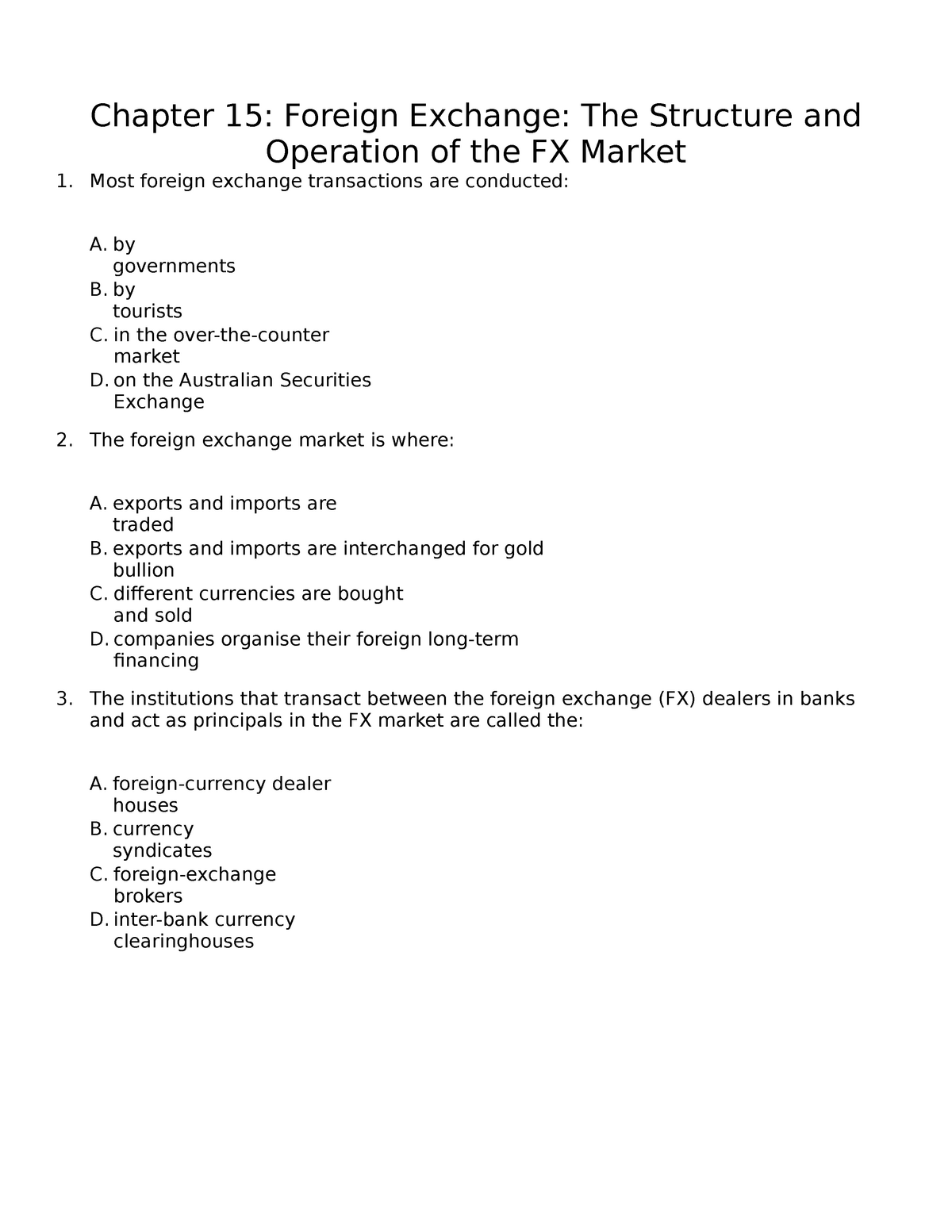
You should take into account the following factors when choosing between TIPs and regular savings: Price, Interest rate, Maturity and Breakeven rate. TIPs are an ideal investment for beginners. They pay interest at much lower rates than traditional savings. Your TIPs will pay interest at a rate of about 2% on the principal amount. Your TIPs will provide a predictable income stream over the long-term.
Rate of interest
TIPS invest at a lower interest rate that other fixed-income securities. While the principal will increase with inflation, the interest rate will increase as well. However, investors lose the certainty of an income stream and purchasing power. TIPS are considered to be safe investments due to the fact that they are backed with the full faith, credit, and assurance of the U.S. government. TIPS are less susceptible than other investments to inflation and default risk. TIPS can also be purchased by investors to diversify their portfolios.

Maturity
TIPS are fixed-rate savings bonds that can be purchased with fixed interest rates. They mature at the lower of the bond's adjusted principal value and face value. TIPS are an excellent way to invest in the economy during an extended deflationary period. The TIPS yield to maturity will reflect current interest rates. The interest rate on the TIPS is set by the Treasury Department. The TIPS yield at maturity is the real rate of return.
Breakeven point
The breakeven point of TIPS is the rate that a TIPS investment will yield enough interest to cover its principal, interest and payments. It does not include inflation. TIPS principal adjustments have a three month lag and are based on Consumer Price Index for Urban Consumers. It measures changes in the prices of food, shelter and energy. TIPS prices are subject to inflation and fluctuation.
Price
TIPS bonds have low interest rates. This is not true for government and corporate securities. The inflation rate is still below the interest rates. This means TIPS bonds are less useful over time. TIPS bonds also generate taxes each year. This reduces inflation prevention and adds tax burden. TIPS bonds can be beneficial for non-taxable accounts. This article looks at the advantages and disadvantages of TIPS bonds.
CPI index ratio
TIPS are an excellent alternative to traditional government bond in times of high interest. They offer all of the benefits of standard Treasury bonds, including government security and a deep, liquid market. However, they can be less secure than traditional Treasury bonds. Let's see how TIPS compare with traditional bonds and why they might prove to be a better investment option. This article examines the many benefits of TIPS, such as their low correlation to equity market.

TreasuryDirect website
Before investing in tip bonds, you should visit TreasuryDirect's TIPS page. On this page, you should check the Current Holdings, Pending Transactions Detail, and the Interest Rates. You also need to check the source for funds. TIPS must not be purchased from funds added after their issue dates. You can still work with your broker or bank to arrange payment arrangements if you don’t intend on adding funds before the issue deadline. TIPS can be held until they mature, or you can sell them before they reach maturity.
FAQ
What are the benefits of stock ownership?
Stocks have a higher volatility than bonds. If a company goes under, its shares' value will drop dramatically.
However, share prices will rise if a company is growing.
Companies often issue new stock to raise capital. This allows investors to buy more shares in the company.
Companies use debt finance to borrow money. This allows them to access cheap credit which allows them to grow quicker.
Good products are more popular than bad ones. The stock's price will rise as more people demand it.
The stock price will continue to rise as long that the company continues to make products that people like.
What is an REIT?
A real estate investment Trust (REIT), or real estate trust, is an entity which owns income-producing property such as office buildings, shopping centres, offices buildings, hotels and industrial parks. They are publicly traded companies which pay dividends to shareholders rather than corporate taxes.
They are similar to a corporation, except that they only own property rather than manufacturing goods.
How do people lose money on the stock market?
The stock market does not allow you to make money by selling high or buying low. It is a place where you can make money by selling high and buying low.
The stock market is an arena for people who are willing to take on risks. They are willing to sell stocks when they believe they are too expensive and buy stocks at a price they don't think is fair.
They expect to make money from the market's fluctuations. They might lose everything if they don’t pay attention.
Statistics
- Individuals with very limited financial experience are either terrified by horror stories of average investors losing 50% of their portfolio value or are beguiled by "hot tips" that bear the promise of huge rewards but seldom pay off. (investopedia.com)
- US resident who opens a new IBKR Pro individual or joint account receives a 0.25% rate reduction on margin loans. (nerdwallet.com)
- For instance, an individual or entity that owns 100,000 shares of a company with one million outstanding shares would have a 10% ownership stake. (investopedia.com)
- Ratchet down that 10% if you don't yet have a healthy emergency fund and 10% to 15% of your income funneled into a retirement savings account. (nerdwallet.com)
External Links
How To
How to create a trading plan
A trading plan helps you manage your money effectively. It allows you to understand how much money you have available and what your goals are.
Before creating a trading plan, it is important to consider your goals. You may wish to save money, earn interest, or spend less. If you're saving money you might choose to invest in bonds and shares. If you earn interest, you can put it in a savings account or get a house. Maybe you'd rather spend less and go on holiday, or buy something nice.
Once you know what you want to do with your money, you'll need to work out how much you have to start with. This will depend on where you live and if you have any loans or debts. You also need to consider how much you earn every month (or week). Your income is the net amount of money you make after paying taxes.
Next, you'll need to save enough money to cover your expenses. These include bills, rent, food, travel costs, and anything else you need to pay. These expenses add up to your monthly total.
You will need to calculate how much money you have left at the end each month. This is your net discretionary income.
You now have all the information you need to make the most of your money.
To get started with a basic trading strategy, you can download one from the Internet. You could also ask someone who is familiar with investing to guide you in building one.
Here's an example of a simple Excel spreadsheet that you can open in Microsoft Excel.
This displays all your income and expenditures up to now. It also includes your current bank balance as well as your investment portfolio.
Another example. This was created by a financial advisor.
It will allow you to calculate the risk that you are able to afford.
Remember: don't try to predict the future. Instead, put your focus on the present and how you can use it wisely.